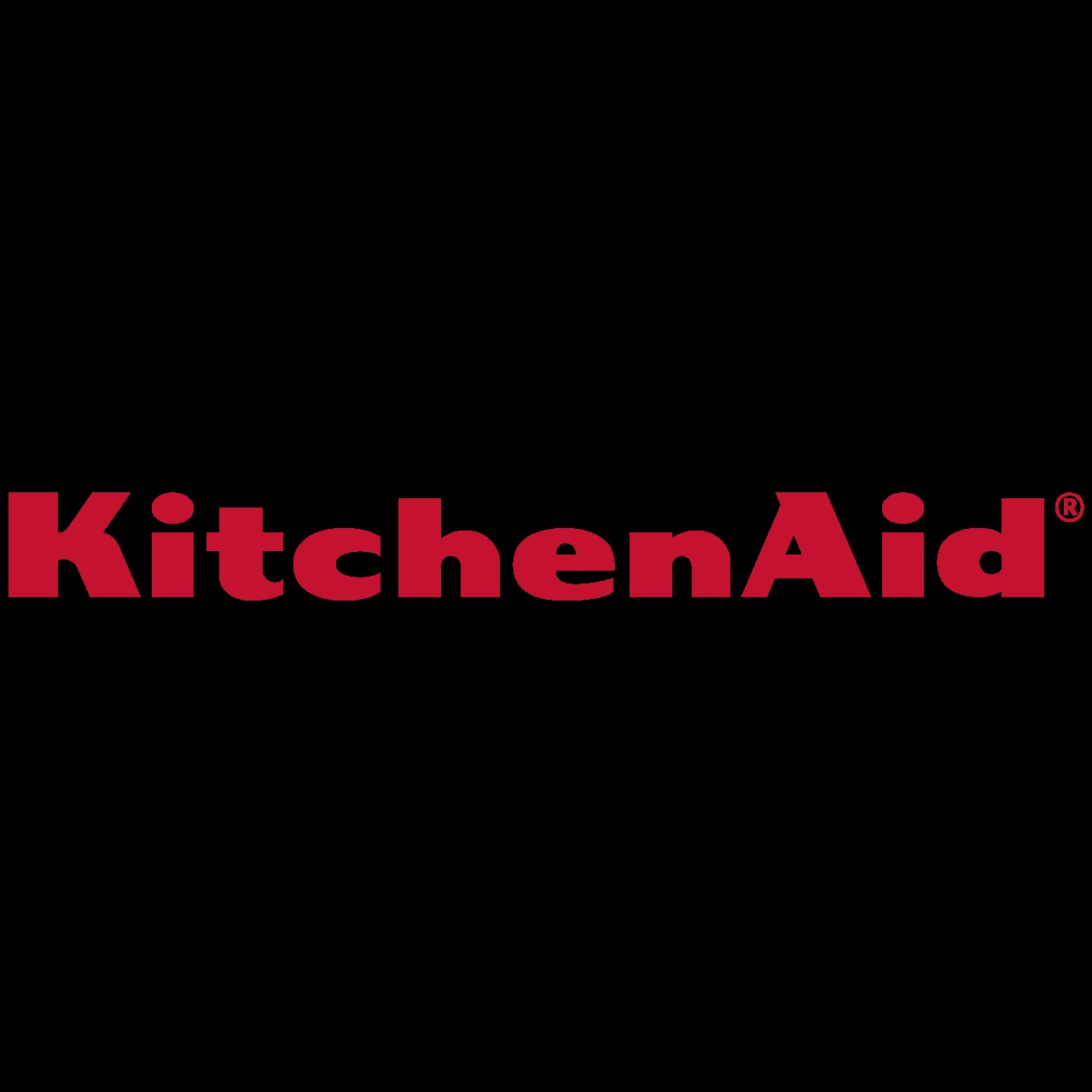The NutriBullet is a popular kitchen appliance known for its blending prowess, but can it replace a dedicated food processor? Let’s explore the capabilities of a NutriBullet and determine if it can handle the tasks typically assigned to a food processor.
Understanding the NutriBullet’s Strengths
The NutriBullet excels at blending. Its high-speed motor and specially designed blades can pulverize fruits, vegetables, and liquids into smooth smoothies and shakes. It’s also adept at tasks like grinding coffee beans and whipping up small batches of sauces or dips. The compact size and ease of cleaning are other advantages.
Food Processor Functionality: What to Expect
Food processors are designed for a wider range of tasks than simple blending. They typically feature a large work bowl and interchangeable blades or discs for slicing, shredding, chopping, and kneading. Food processors are ideal for preparing large quantities of ingredients, such as chopping vegetables for a salad, shredding cheese, or making dough.
Can a NutriBullet Mimic a Food Processor?
While the NutriBullet can handle some food processing tasks, it’s not a direct replacement for a food processor. The original NutriBullet is primarily designed for blending liquids and soft ingredients. However, some NutriBullet models, like the magic bullet Kitchen Express, come with attachments that expand their functionality.
Exploring NutriBullet Attachments
Certain NutriBullet models come with attachments like chopping blades, slicing discs, and shredding discs. These attachments allow the NutriBullet to perform tasks such as:
- Chopping: Dicing vegetables for salsa or soups.
- Slicing: Creating thin slices of cucumbers or potatoes.
- Shredding: Grating cheese or carrots.
Limitations to Consider
Even with attachments, a NutriBullet has limitations compared to a dedicated food processor:
- Capacity: The NutriBullet’s work bowl is smaller, making it less suitable for large batches.
- Power: The motor may not be as powerful as a full-sized food processor, which could affect its ability to process tougher ingredients.
- Versatility: Food processors often have more specialized blades for tasks like kneading dough or pureeing larger quantities.
- Overheating: NutriBullets can overheat and shut down if used for extended periods or with overly tough ingredients.
Making the Right Choice
If you primarily need a blender for smoothies and occasional small-batch food processing, a NutriBullet with attachments can be a convenient option. However, if you frequently engage in tasks like chopping large quantities of vegetables, shredding cheese, or making dough, a dedicated food processor is a better investment.
The Verdict
While a NutriBullet can perform some food processing tasks, it’s not a complete substitute for a food processor. Consider your specific needs and the frequency with which you perform food processing tasks when deciding which appliance is right for you. If you already own a NutriBullet, exploring available attachments can expand its functionality and potentially reduce the need for a separate food processor for simple tasks.
